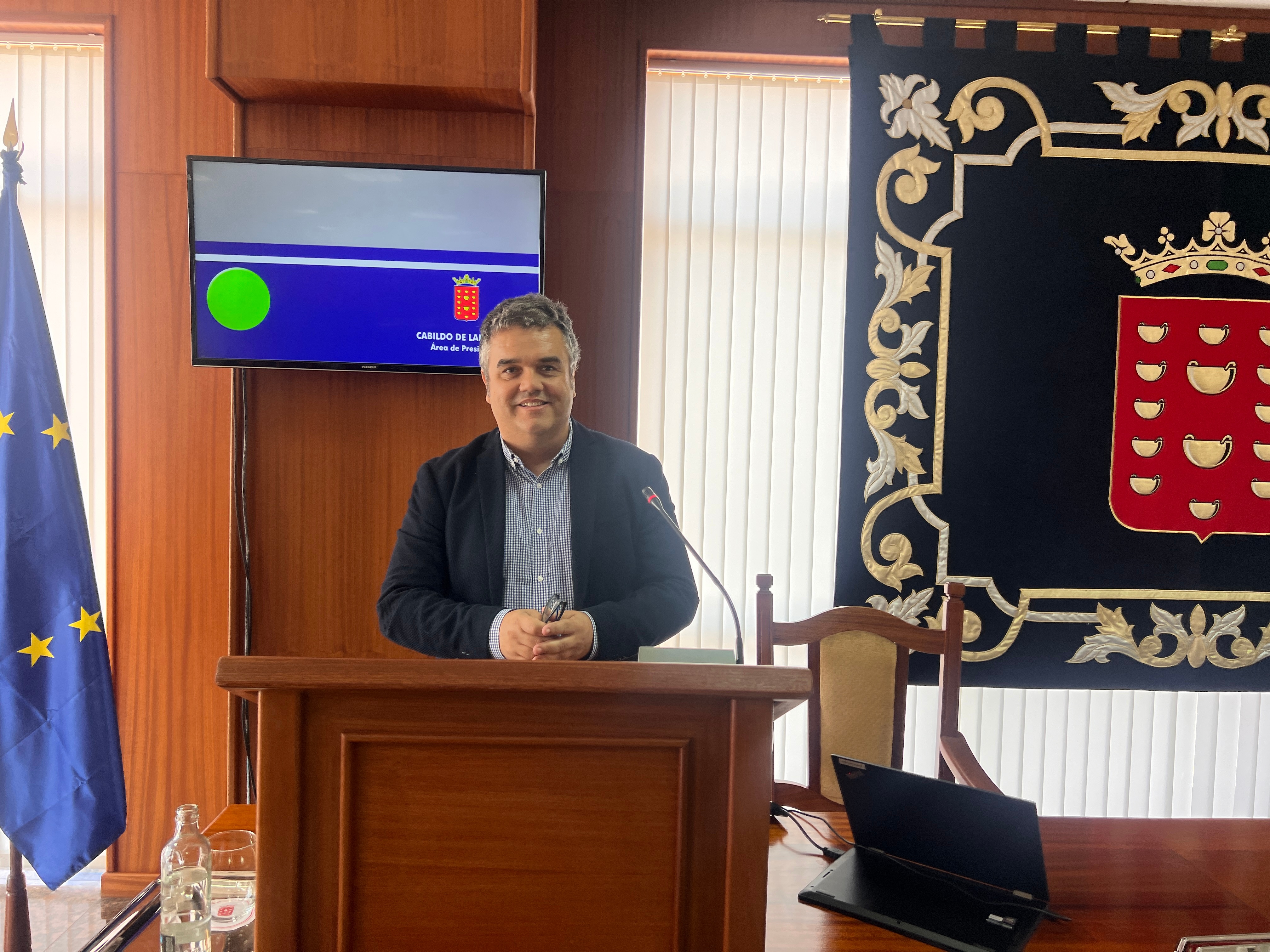Summer Tourism Trends and Concerns in Spain

The summer months flood social media with dreamlike images captured from around the globe. Pictures of crystal-clear coves, videos of diving with turtles, and beach dances bombard posts on popular platforms.
Amidst this dreamlike (yet unreal) lifestyle, destinations become viral overnight, as seen with Las Grietas in Lanzarote. This trend is accompanied by the phenomenon known as Fomo (fear of missing out), reflecting a fear of missing experiences that others are enjoying, often without assessing the true desire for these experiences or the reasons behind choosing one over another.
Macià Blázquez, a geography professor at the University of the Balearic Islands, specialising in tourism, sustainability, and spatial planning, discusses with La Voz the risks of a tourism model at historical peaks. He highlights how the constant influx of visitors causes various issues for local populations. He also suggests that mass tourism may be nearing its end in the most sought-after destinations, potentially giving way to elite tourism.
Mass Tourism vs. Elite Tourism
Spain has seen a record number of tourists, reaching 55.5 million in the first seven months of the year. Amid waves of outrage against mass tourism and discussions regarding its environmental and social impacts, Catalonia, the Canary Islands, and the Balearic Islands have been the most popular destinations for visitors.
While over two million tourists visited Lanzarote between January and July this year, a significant percentage of Canarians (around 32.4%, according to the National Institute of Statistics) cannot afford a holiday.
Despite social mobilisations in the archipelago, the Canary Island government has yet to approve any of the demanded measures, including a rejection of an ecotax or a hotel and holiday moratorium to try to control growth.
Blázquez states that the hypothesis among researchers at the University of the Balearic Islands is that the tourism model is heading towards a “scenario of insecurity, escalation of costs, and monopolisation, particularly by the wealthiest classes”. He predicts that, although it may sound strange now, his hypothesis suggests that the most profitable and in-demand destinations are approaching “the end of cheap tourism” and moving towards “elitisation and exclusion“.
The expert points out that the monopoly of real estate and the enhancement of accommodation facilities is already evident in the Spanish islands, particularly in the Balearics and Lanzarote. These destinations, similar to Caribbean islands or those in Southeast Asia, are becoming safe havens for the elite.
Is Luxury Tourism Quality Tourism?
Blázquez encourages reflection on how quality tourism should be defined, taking into account factors beyond the money spent at the destination. For instance, whether jobs in the sector are well-paid, have good working conditions, allow for better wealth redistribution, or have reduced environmental impacts.
The researcher notes that the trend of promoting fewer tourists who spend more may lead to the social exclusion of the resident population, due to rising daily costs, as well as that of lower-income tourists.
An example of this is that it is increasingly challenging for a Canarian to take a holiday within the archipelago. In the islands, an overnight stay per person costs, on average, 48% more than before the pandemic, according to INE data, comparing July 2019 with July 2025. At the same time, Lanzarote boasts the highest hotel prices in the archipelago, reaching 147.8 euros per night in July.
In a study conducted in collaboration with researchers from the University of Barcelona and Wageningen University, Blázquez differentiates between just degrowth and “fake” degrowth, stating that replacing mass tourism with luxury tourism generates inequality and focuses only on economic values rather than other relevant factors like carbon footprint. He suggests reframing degrowth in terms of “social justice”, ensuring everyone has access to destinations.
Blázquez explains that in the Balearics, “a process of stigmatization of less affluent tourism, party tourism, and tourism that uses public space for recreation is happening, as these groups lack access to private spaces”.
Special Treatment for Residents
During Holy Week, the Cabildo of Lanzarote implemented a shuttle bus system to control overcrowding at Volcán del Cuervo and Caldera Blanca. This system prevented both residents and tourists from parking in available spaces, encouraging visits via a free public bus.
In the Balearics, on Menorca’s unspoilt beaches, signage has been proposed on the main road to indicate whether parking is full, and if so, access is denied. Meanwhile, Blázquez suggests ensuring alternative access routes for residents and differentiating parking systems.
Xenophobia Rising in the Islands
The geography professor explains that xenophobic theories are gaining traction in the islands, leading migrants from the Northern Hemisphere to reject those from the Southern Hemisphere, often due to ethnic or cultural reasons.
“We have no problem with the Nordics because they are wealthy.”
The rising tide of xenophobia is primarily targeted at migrants from North Africa who arrive on the islands in makeshift boats. “These xenophobic ideologies propagate exclusion based on nativism. They suggest, ‘We are Northern Europeans with status,'” adds Blázquez.
The researcher notes that migration movements toward the Canary Islands and, to a lesser extent, to the Balearics are being weaponised by political classes to “foster a very negative perception of those from different ethnic backgrounds, cultures, and languages from the Global South. We have no issue with the Nordics because they are wealthy”.
A New Way to Holiday
In conclusion, Blázquez states that “not all holidays need to involve tourism, as the truth is that this is becoming a climatic issue due to the impacts of travel.”
The researcher reminds us that holidays, as part of the right to rest, are a social victory for workers. However, he argues that continuing with the current level of mobility is not sustainable for a planet facing a climate crisis.
To address this, he cites the proposal of Catalan author Sergi Yanes, advocating for “dominguerismo,” a way to relax during holidays without necessitating long journeys.














